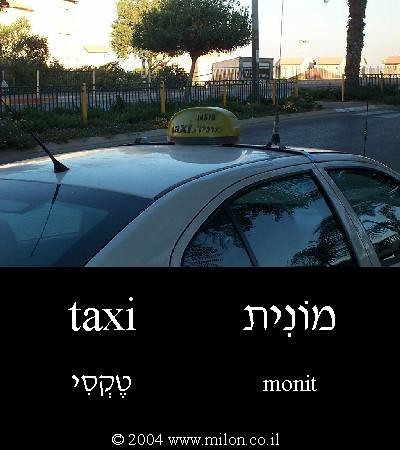The Temple Mount is...
Today, I had the distinct privilege of ascending to Har HaBayit (the Temple Mount), and visiting the holiest site of the Jewish People. (Before any Jew visits Har HaBayit he should consult with a Halachic authority well versed in the laws concerning such a visit). Har HaBayit is the site where the 1st two Batei HaMikdash (Holy Temples) stood, and upon which the 3rd will be built - speedily, in our time. It is on this very place where the presence of G-d rests, and many central events in Jewish history occurred on this very spot (such as Akeidat Yitzchak - the binding of Isaac).
While I am thankful for the opportunity to visit the holiest of sites of the Jewish People (an act, which throughout our long Exile, so few Jews merited - and I dare not proclaim to be of greater spiritual worth, and as such more derserving), and in reality, the holiest site in the entire world, there is a sense of shame that accompanies me. When a Jew visits Har HaBayit today - specifically religious Jews - he does so as a visitor, as a guest, and not as sovereign.
After the Six-Day War, when Jerusalem was liberated from Jordanian occupation, the Jewish People had once again returned to Har HaBayit, the focal point of all of our prayers. Sadly, Moshe Dayan, then Minister of Defense, ordered the Israeli Flag lowered from the Mount, and gave the Muslim Waqf day to day control over Har HaBayit, and this remains the status quo until this very day.
As such, today, when a Jew visits Har HaBayit, he must play according to rules set by the Muslim Waqf. He is only allowed to visit during limited hours. Religious Jews are given "special" treatment, where they are instructed that if they do any act of prayer while visiting Har HaBayit, they will be forcibly removed and charges will be brought against him (this speech is given by a Jewish, Israeli police officer). These restrictions include uttering prayers, bowing, tearing clothing, singing, dancing... The powers that be ensure compliance on this matter by ensuring that all religious Jews visiting Har HaBayit are escorted by Israeli police, as well as Muslim Waqf officials. (This treatment is only given for religious Jews, tourists are able to move freely on Har Habayit without escort).
To make matters worse, Har HaBayit today is not given the respect and reverence that is befitting a place of such holiness. Arab children can be seen riding bikes and playing ball. Garbage is strewn all over the Mount. Illegal excavations continue round the clock in order to erase any physical evidence of a Jewish connection to the site. When the Arabs come to pray at the mosques found on the Temple Mount, they hear sermons filled with hatred and vitriol cagainst the Jewish People and State, comparing Jews to monkeys and pigs, alongside calls forthe destruction of Israel.
To see pictures of Har HaBayit today, click here.
The poet, Uri Tzvi Greenberg Z"L, understood the centrality of the Temple Mount to the conflict that the Jewish People are faced with in the Land of Israel:
He who rules the Mount rules the Land
Today, it is clear from the actions (or inaction) or successive Jewish governments since 1967, that the Jewish People do not rule the Mount, and as such, our hold on Eretz Yisrael today is tenuous.
Consider this: If the State of Israel is unwilling to stand up and enforce the right of the Jewish People to Har HaBayit, out holiest site, then for what are we willing to stand and fight for? For Gush Katif? For Hebron? For eastern Jerusalem?
The Arabs are not a stupid people. They see that we are unwilling to stand up for what is ours - in this case, our holiest site - and they understand that if that is the case, we will not truly stand up to them anywhere else in the Land of Israel either.
The time has come for the Jewish People to reconnect with our holiest site. To raise an outcry over the injustices taking place on Har HaBayit. To demand, at the very least, that Jews should have equal rights with the Muslims, and be able to pray on Har HaBayit, in accordance with Halacha. How can it be that in the Jewish State of Israel (which also claims to be a democracy) that freedom of religious worship is not extended to Jews at their holiest of sites?
Here's a better question: How can it be that this descration of G-d's name and sanctuary bothers so few Jews, both in Israel and the world?
Cross Posted at Israel Perspectives














